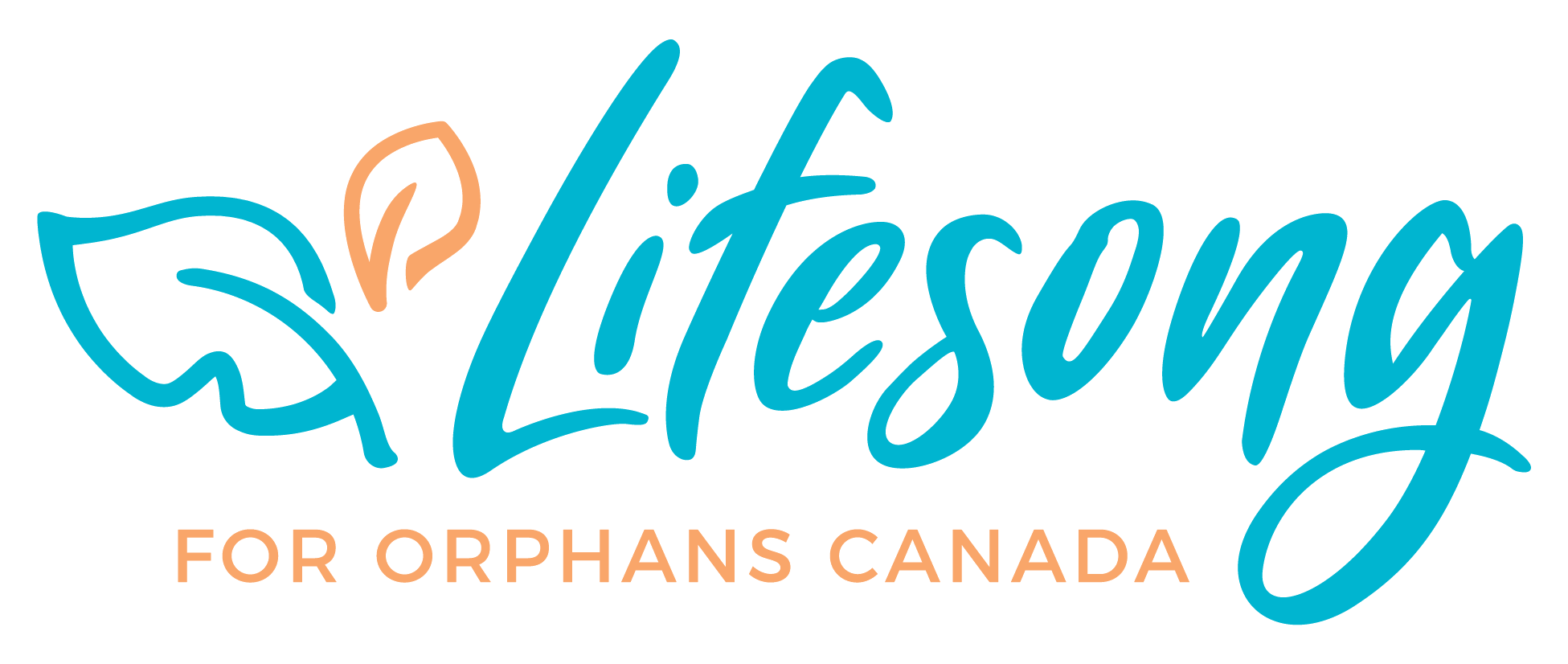Why Start Businesses in Zambia?
In Zambia,
the 2023 academic year has officially begun, and in January our team welcomed 125 new students to be part of this exciting new school year!
After celebrating Harmony School’s first-ever Grade 12 graduation in December along with the Garneton School, we’re excited to see what God has planned for all of our students and staff this year.
With your support, our team will continue to provide holistic care, education, and discipleship. And these students will know they are loved.
In addition to teaching the students what they need to graduate, our teammates in Zambia remain committed to preparing them for adulthood.
So beyond starting a vocational school and teaching employable job skills, Lifesong Zambia has created a series of businesses that employ orphan graduates and caregivers.
What are Lifesong’s businesses in Zambia?
Lifesong’s five businesses in Zambia fall into two main categories—
Hospitality: Lifesong Lodge is a renovated guest house that provides accommodations for work teams and guests from the public. The Roast Cafe sells coffee and freshly baked goods.
Farming: Lifesong Farms has spent the past five years learning new technology and developing cutting-edge techniques to extend the growing season and sell high-quality produce year-round.
All of our businesses in Zambia are shaping the futures of our students and having a deep impact on the people we serve.
Lifesong Lodge
Lifesong Twalima Farm is 1 of 3 farms supporting Lifesong schools and ministry in Zambia.
Why start businesses in Zambia?
By creating jobs, we seek to support communities and orphan graduates, preserve families, and prevent orphans.
Specifically, businesses in Zambia accomplish these goals in three ways—
1. Businesses generate revenue to fuel orphan care projects.
All of our sustainable businesses support the schools and ministry for orphaned and vulnerable children. For example, not only does the produce we grow on our farms feed the children, but any profits from sales in the community go back to help fund the schools.
Additionally, as our students grow old enough to start learning job skills, they can participate and train in these businesses if they choose.
Alinuswe has been working at Lifesong since 2022. He’s married and has a two-year-old daughter. Today, “Ali,” as he’s called by his friends, is one of our farm managers. He oversees the production of the seedlings, the growing of the plants, and marketing and sales.
When asked about his job, Ali shared—
“I believe my contribution to Lifesong actually contributes to kids who otherwise might not know Christ and might have no education, shelter, or food. And maybe no future after school. My contribution changes that.”
Alinuswe, “Ali,” Lifesong Twalima Farm Manager
2. Businesses provide employment for caregivers.
Febby works at Lifesong Twalima Farm, and her daughter Judith participates in the Student Job Skills Program on Saturdays
Febby works at Lifesong Twalima Farm. She explains—
“The farm helps me in many ways. Every day I am able to provide meals for my children and all of their needs. I am very thankful for Lifesong, and for what they have done in my life. Lifesong has helped me develop a lot, and it has also helped my family to go forward.”
Meanwhile, Febby’s daughter Judith is enjoying learning at Lifesong School and at Twalima Farm. Studying the Bible has brought her closer to God and she’s now a follower of Jesus.
By creating living-wage jobs for parents, guardians, and graduates—
Caregivers can provide for their children.
Children can attend school.
School can help break poverty cycles.
Breaking poverty cycles can help preserve families.
Preserving families helps prevent children from becoming orphans.
Across the world, poverty remains one of the biggest contributing factors to children becoming orphans. When we empower caregivers with dignified employment, we participate in family preservation and orphan prevention.
Ethel, employee at the Roast Cafe
Ethel is a single mother who works as a waitress at the Roast Cafe. Her work enables her to also care for her sibling and one of her cousins who was orphaned. Ethel’s teammate, Chipo, explains—
“Because of this job, Ethel is able to say, ‘Come to my house. You can stay with me because I have a job. If there was no Roast Cafe, I don’t think Ethel could help. But the Cafe gives her the chance to manage and earn a living.”
3. Businesses create future jobs for orphan graduates.
Our businesses in Zambia employ students and orphan graduates because our team aims to—
offer mentorship and discipleship outside the classroom
introduce the students to different opportunities as they consider future career choices
teach the value of agriculture and invite students to participate in Lifesong business ventures
Grade 8 students from Lifesong School at the farm
In Zambia, very few students can financially afford to attend University after they graduate from secondary school. So it’s crucial that they learn an employable skill in order to provide for themselves and their families.
Specifically, our students have the opportunity to develop key job skills at Lifesong’s businesses that will carry them into the future.
So why start businesses in Zambia?
Farm manager Alinuswe answers it best—
“I’m glad to be part of this—it’s an honor and feels like purpose and meaning. It’s not just work, it’s not just a paycheck, it’s not just fun. It is changing lives. And it’s such a huge honor and privilege to be part of kingdom business.”








